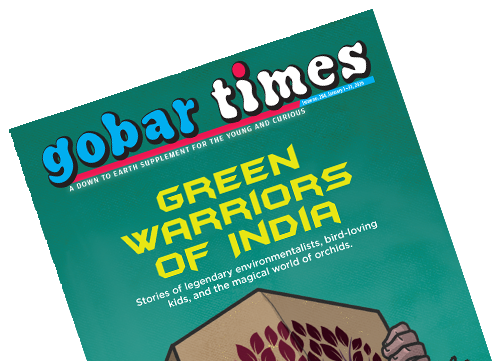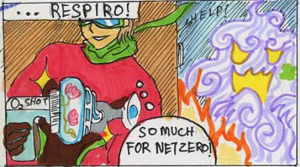
This entry won second prize in the Nature in Frames: Environmental Superhero Comic Strip Contest
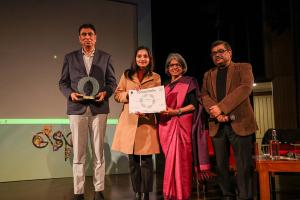
Recognising green schools that are redefining environmental responsibility
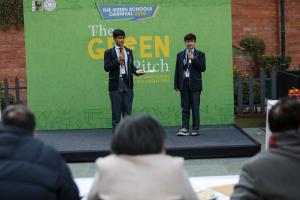
Eco-musicals, comic creativity, bold green ideas, and joyful activities—students leading the way for a better planet.

At the India AI Impact Summit 2026, Galgotias University proudly unveiled “Orion” — a ‘homegrown’ AI breakthrough that turned out to be a ready-made robot you could simply buy online. Which raises a bigger question: if innovation can be downloaded, is research now just rebranding? And what does that mean for students trusting such institutions with their futures? Because tomorrow’s problem-solvers on environment need real labs, real learning,and real ideas — not shiny claims on borrowed machines.

This melting reality isn’t about hot fries — it’s about a hotter planet. Recently, the US government rolled back an important rule that curbed greenhouse gas pollution. This rule helped control emissions from cars and industries. Without it, more heat-trapping gases could be released, making Earth warm even faster. Just like this melting “M,” our clean air and comfortable climate can also slip away if big industries pollute unchecked. The message: When protections for the planet disappear, everyone’s future is at risk.
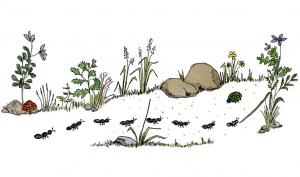
The recently concluded Green Schools Carnival was a refreshing glimpse of a more environmentally sensitive generation
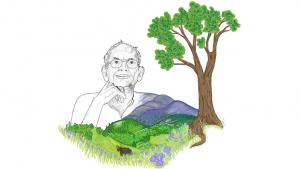
Stories of Chipko, water warriors, indigenous movements, and scientists who shaped India’s unique environmentalism.
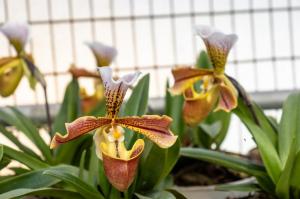
Visually appealing, orchids also play an important ecological role by supporting biodiversity and specialised pollinators
.png)
A Young Environmentalist musical challenge for the environment
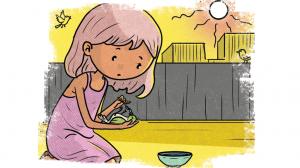
A young girl recalls a story of bird feeders and kindness in summer heat.

